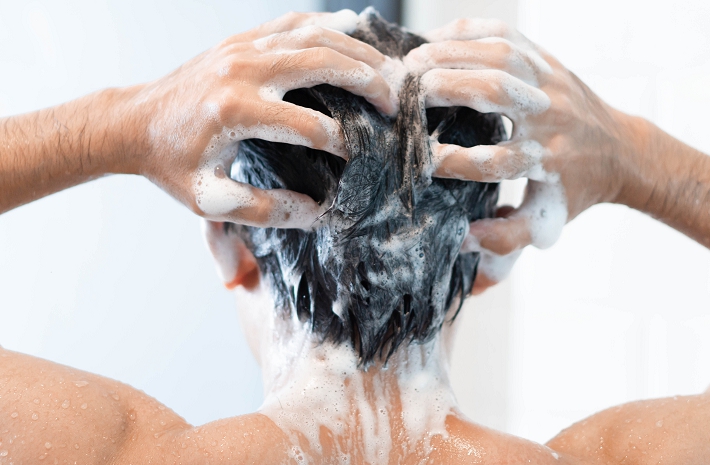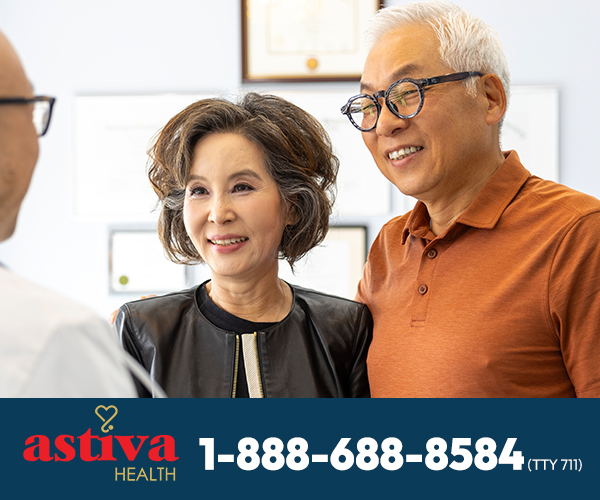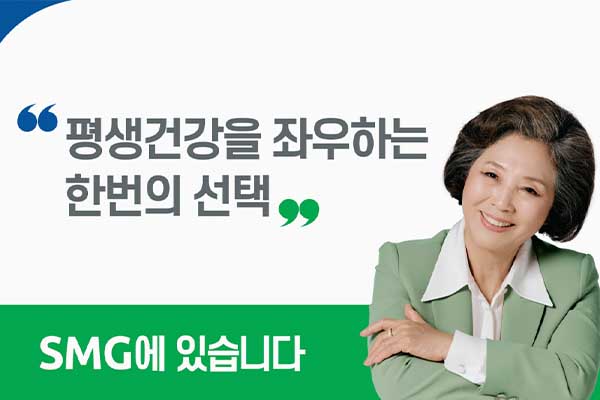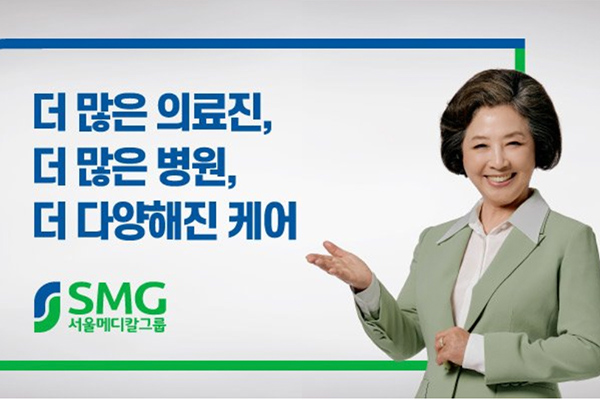
Understanding the No-Poo Method
While shampoo can be an effective way to clean your hair, it can also damage it if used too often or incorrectly. The “No-Poo” method is a hair care approach where people avoid traditional shampoos. Instead, individuals using the No-Poo method turn to alternatives like water-only rinses, baking soda, apple cider vinegar, or mild, natural cleansers to maintain scalp and hair health. The goal is to promote natural oil balance, reduce dependency on commercial products, and improve overall hair texture and moisture.

Some benefits of the No-Poo method include reduced frizz, increased volume and shine, and healthier, more balanced scalp conditions. However, avoiding shampoo for an extended period may lead to hair loss, dandruff, scalp infections, and odor.
Benefits and Drawbacks: Weighing the Pros and Cons
New York based dermatologist Dendy Engelman states that the No-Poo method can be beneficial for many: “There are some hair types that are more susceptible to the drying effects of shampoo than others and may experience better results from the No-Poo method.”
Teen Trends and Warnings: Concerns About Popularity
However, a New York Post article discusses the growing popularity of the “no shampoo” trend, particularly among teenage boys, while emphasizing concerns from dermatologists about potential health risks. Experts warn that avoiding shampoo could lead to scalp issues, including oil imbalances, dirt and bacteria buildup, and infections or dandruff. While many teens report benefits from skipping shampoo, proper scalp hygiene is crucial for maintaining hair health and overall scalp wellness.
Is the No-Poo Method Right for You?
In conclusion, while the No-Poo method may offer benefits like improved hair texture, volume, and moisture, it might not be suitable for everyone. Its effectiveness depends heavily on individual hair and scalp types, as some people are prone to oil imbalances or scalp issues without regular cleansing. Consulting with a dermatologist is recommended to determine if this method aligns with personal hair health needs, ensuring that both hair and scalp remain in optimal condition and avoiding negative side effects.
<Student Reporter Jaymin Park> jpola0412@gmail.com
Jaymin Park is a student in Palos Verdes High School







